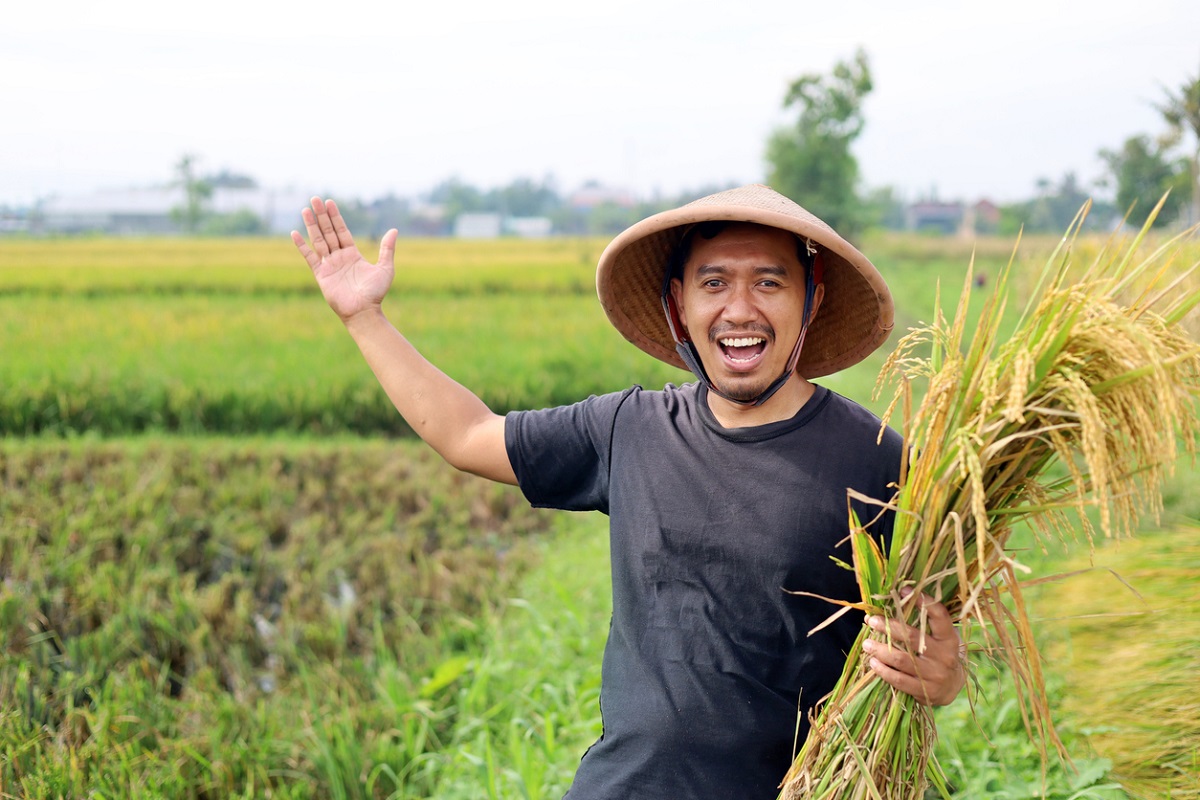
Agbiotech Knowledge Continues to Grow Among Filipino Stakeholders According to Study
April 5, 2023| |
Researchers from the College of Development Communication at the University of the Philippines Los Baños (CDC-UPLB) revisited their original study conducted in 2006 that focused on understanding and communicating Filipino stakeholders' public perception of biotech crops. Almost 20 years later, they found that this knowledge has made significant progress, enough to continuously guide stakeholders into accepting biotechnology and products derived from it in the Philippines.
The study, led by Adjunct Professor Dr. Cleofe S. Torres, covered Metro Manila and nine provinces throughout the Philippines. More than one thousand traders, consumers, extension workers, farmer and community leaders, journalists and media personalities, policymakers, religious leaders, scientists, and students answered a survey administered by field coordinators during the height of the COVID-19 pandemic.
The study's key finding is that public understanding of biotechnology in the Philippines continues to progress. Some of the preliminary results are:
- Scientists are the most trusted source of information on biotechnology, while journalists and the media are the most optimistic group when receiving information on biotechnology.
- The Filipino public trusts the designated government agencies that use scientific facts to make sound decisions regarding regulating genetically modified (GM) products.
- The public is more inclined to learn about the uses of biotechnology if it is in accordance with their personal and societal views.
- Health and safety are the public's primary concerns.
- The public understood that man is now able to modify nature using today's technology, and that GM foods are safe and can be distributed. They also believe that biotechnology is mainly used for the commercial growing of food and less for animal feed and industrial byproduct production.
- Most of the respondents were aware of the advancement of animal biotechnology and that it is used for developing medicines. However, they cited that they need more information about it.
Dr. Torres and her team recommended bridging the information gap among stakeholders to strengthen public understanding of biotechnology by:
- Bringing the scientists to the field in order to explain biotechnology to beneficiaries, especially to farmers and consumers who have the least knowledge of biotechnology;
- Taking advantage of social media to distribute reliable information about biotechnology to the public;
- Enhancing public education about viruses, genes, and health impacts of GM technology through the support of the Philippine government.
The study is a collaborative effort among ISAAA Inc., CDC-UPLB, and the Southeast Asian Regional Center for Graduate Study and Research in Agriculture, with the support of the Department of Agriculture's Philippine Agriculture and Fisheries Biotechnology Program. The preliminary results were presented by Dr. Torres on March 30, 2023, at the UPLB Rural Economic Development and Renewable Energy Center in Los Baños, Philippines. The organizers will publish and launch the full study details soon. To get updates on the launch, subscribe to Biotech Updates and follow ISAAA.org on Facebook, Twitter, and Instagram.
| |
You might also like:
- Adoption and Uptake Pathway of GM/Biotech Crops by Small-scale, Resource-poor Filipino Farmers
- Cadres of Change: Transforming Biotech Farmers in China, India, and the Philippines
- Brief 48: Adoption and Uptake Pathways of GM/Biotech Crops by Small-Scale, Resource-Poor Farmers in China, India, and the Philippines
Biotech Updates is a weekly newsletter of ISAAA, a not-for-profit organization. It is distributed for free to over 22,000 subscribers worldwide to inform them about the key developments in biosciences, especially in biotechnology. Your support will help us in our mission to feed the world with knowledge. You can help by donating as little as $10.
-
See more articles:
-
Plant
- New Gene Discovery to Help Develop Crops with Better Alkaline Tolerance
- Experts Explore Genetic Basis of Micronutrients in Tropical Maize
- Pres. Biden Pushes for the Power of Biology for a Better Bioeconomy
- Israeli Scientists Develop Drought-Resistant Tomatoes
- Agbiotech Knowledge Continues to Grow Among Filipino Stakeholders According to Study
-
Animal
- Fishery and Aquaculture Biotech to Enhance Philippines’ Research and Economic Capacity
-
Food
- Malaysia Set to Open First Cultivated Meat Facility in 2024
- ISAAA in 2023: Striving for Sustainability
-
Health
- Scientists Uncover New Details of SARS-CoV-2
-
Read the latest: - Biotech Updates (January 14, 2026)
- Gene Editing Supplement (December 17, 2025)
- Gene Drive Supplement (February 22, 2023)
-
Subscribe to BU: - Share
- Tweet

